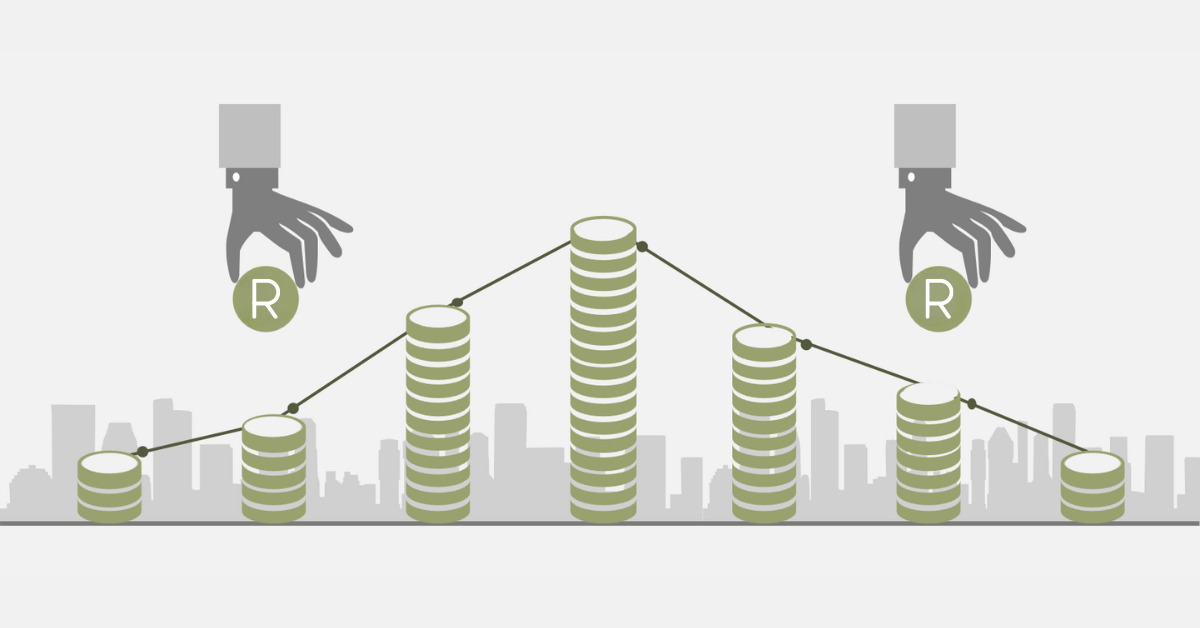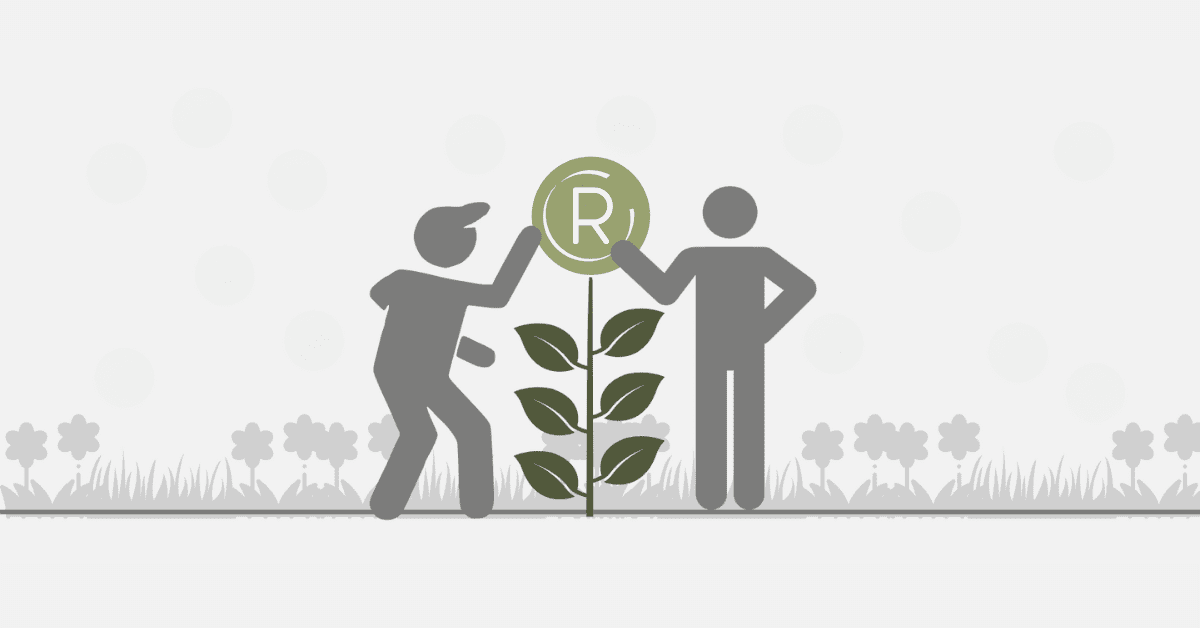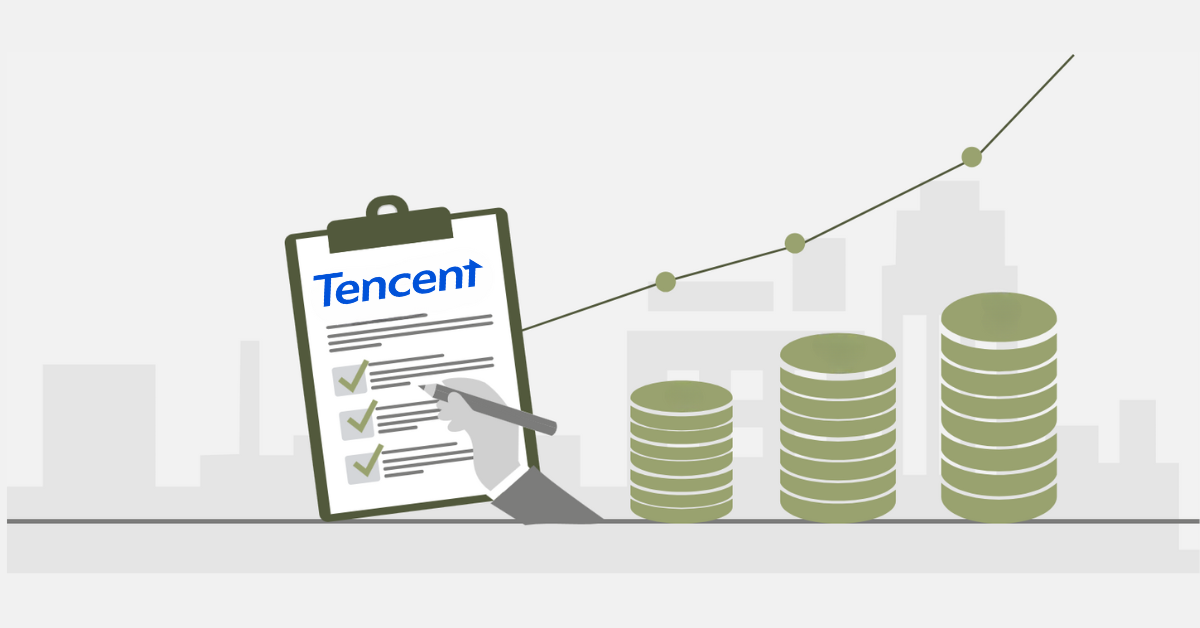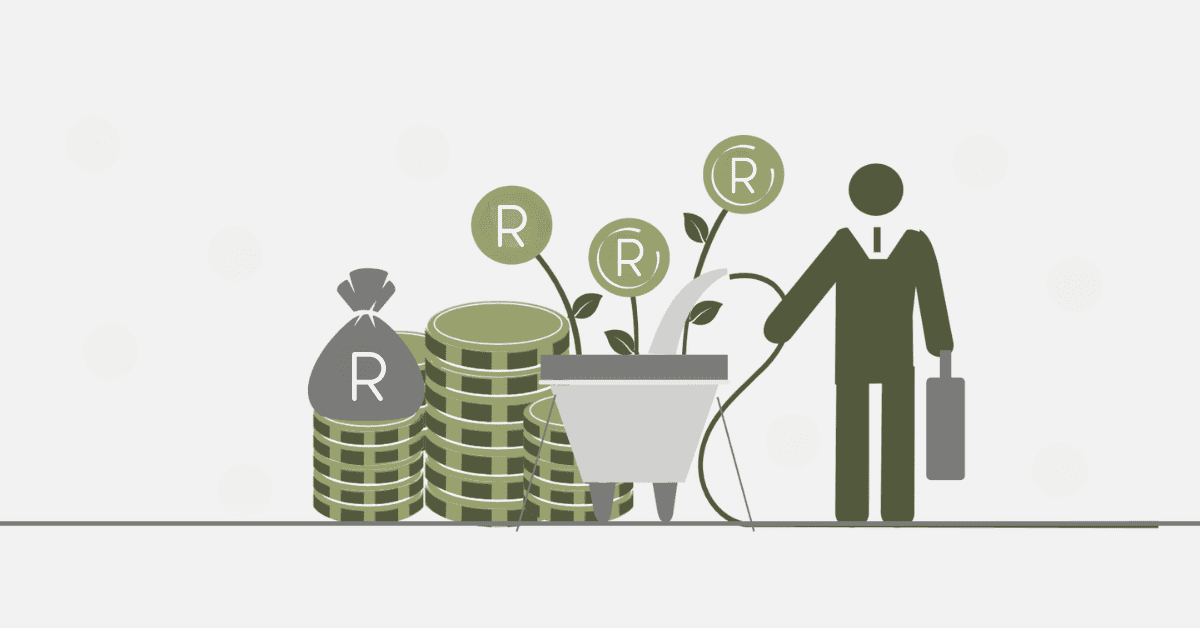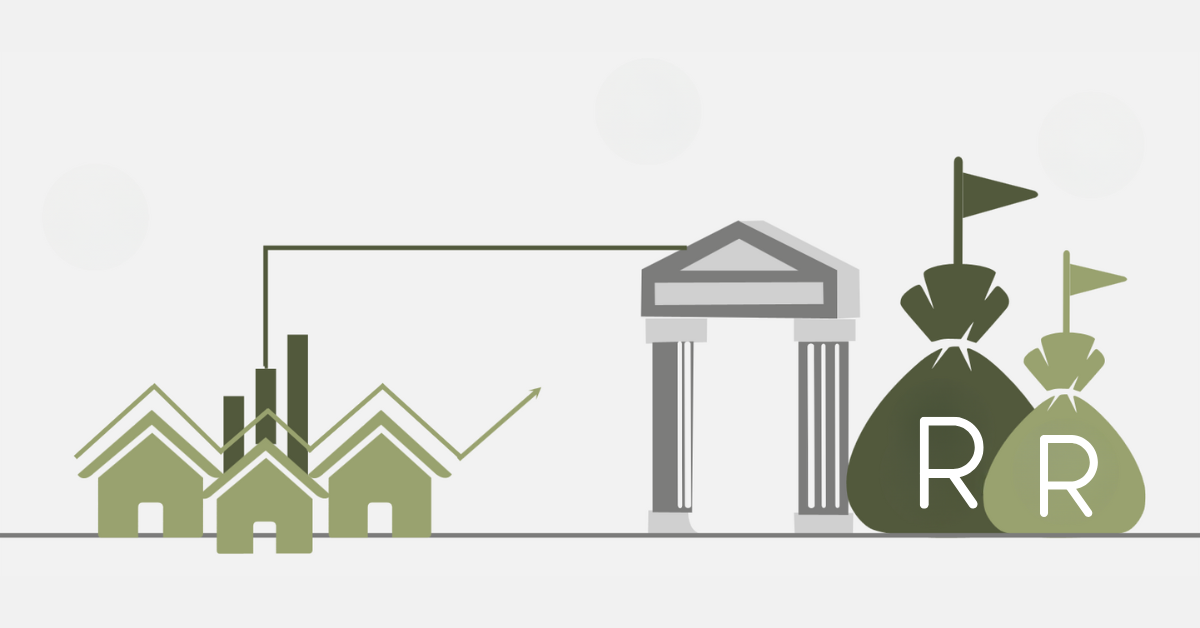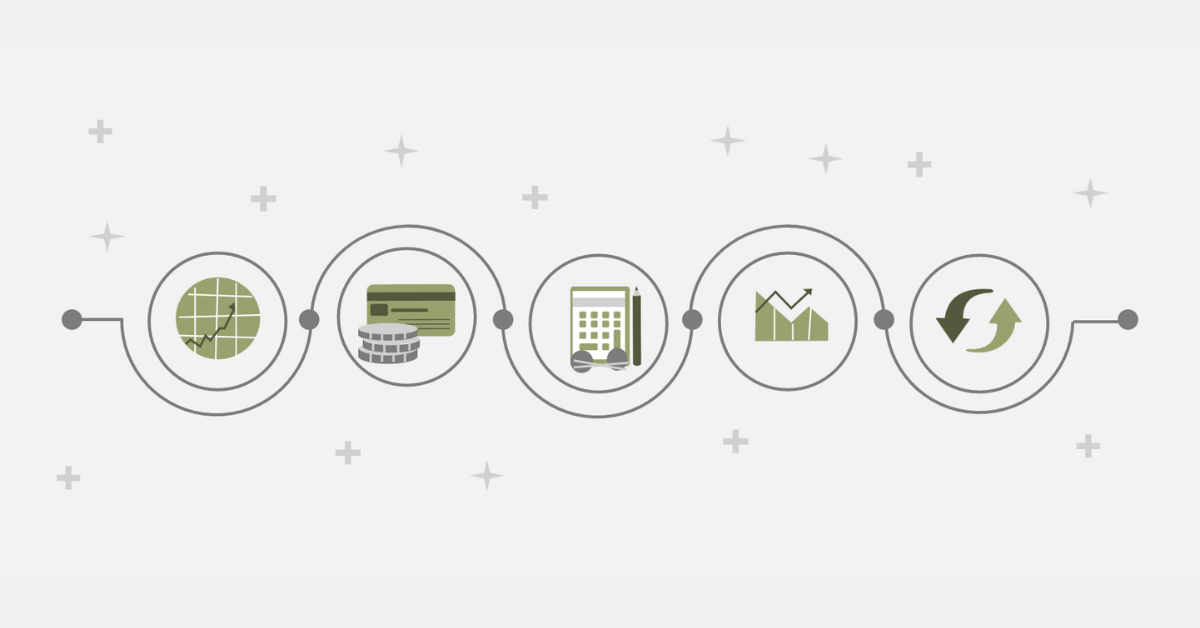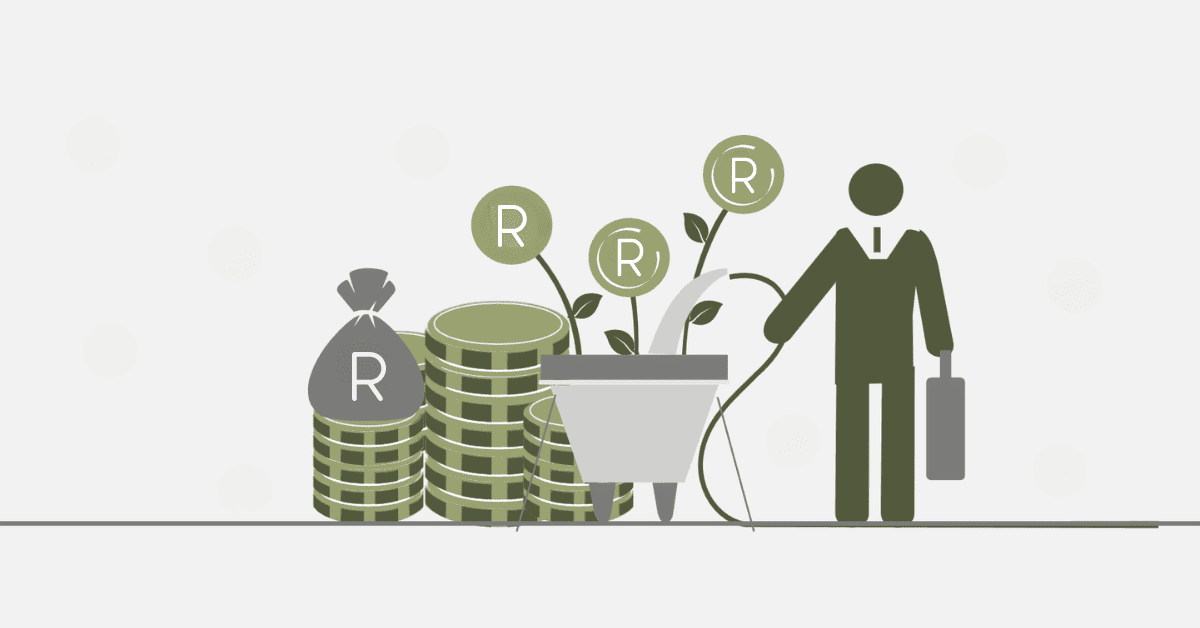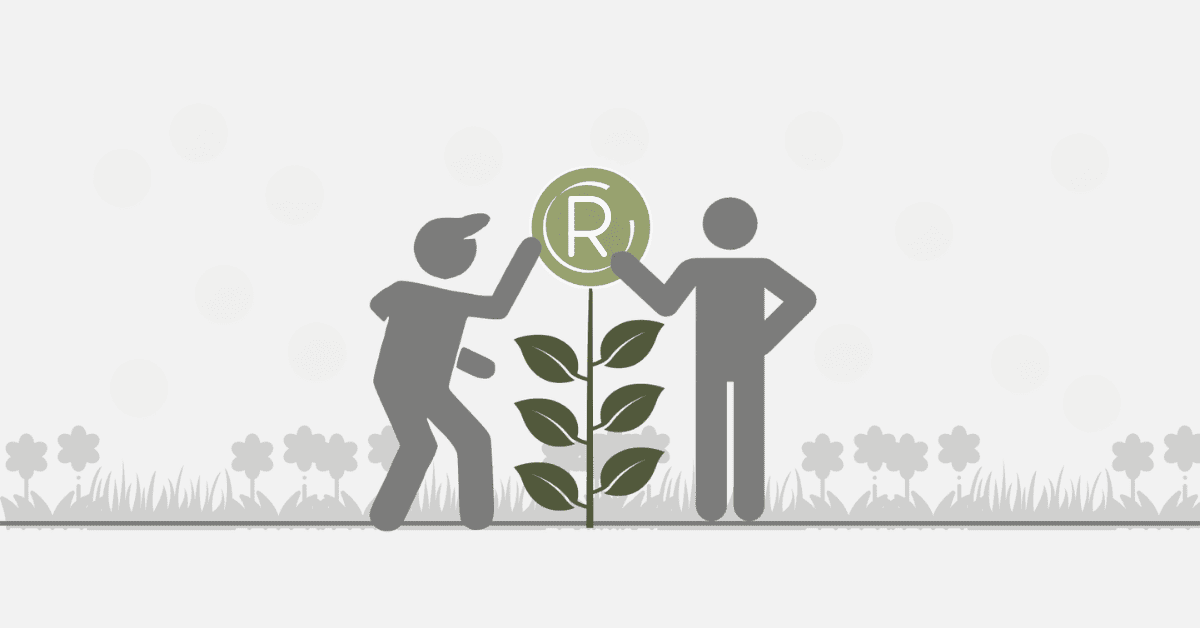The company is a significant beverage player among the most recognized brands globally. This makes its shares desirable among South Africans as an alternative for diversification from those seeking international exposure to the company. One may invest in Coca-Cola shares from South Africa, provided it is done right. This guide shall give an overview of how this may be done.
Can One Invest in the Shares of Coca-Cola Company?
Yes, South Africans can buy shares in Coca-Cola. The fact that Coca-Cola is listed under the ticker symbol KO in the New York Stock Exchange-absolutely miles and oceans away from the shores of the United States of America- does not affect the entity’s availability to South African investors through various means. International investment platforms and your local financial service providers offering offshore investment options allow South Africans to invest in foreign stock markets.
Indeed, investors are drawn to Coca-Cola’s shares because this company promises stability and is highly consistent. Over many decades, Coca-Cola has been a global leading brand; hence, its beverage portfolio is highly diversified and distributed. Relatively low-risk it is for those looking at blue-chip stock investments. Income investors find Coca-Cola appealing because of its record of paying regular dividends.
Buying into Coca-Cola requires one to be equipped with the right financial tools and permissions. Highly put, it entails a tax clearance certificate for foreign investment mainly because certain restrictions regarding exchange control are set on South African investors. Indeed, one is allowed by the South African Reserve Bank to achieve foreign asset investment of R11 million per year as an individual in adherence to the set rules.
How to Purchase Coca-Cola Shares in SA
You cannot secure these shares from the JSE since they are listed in international stock markets. Because of this, you will have to use some other platform to venture into the firm’s stocks. Here is the step-by-step guide on securing them in SA. Choose any brokerage platform to create your account. Next is depositing money and, finally, executing your trade.
Firstly, a correct brokerage platform should be chosen. In this respect, South African investors may choose some local financial institutions selling international trading services, such as Standard Bank or FNB, or global platform services offered by Interactive Brokers, eToro, or Saxo Bank. When choosing the option, relevance has to be given to the transactional fees, user interface, and customer support.
Then, having found a platform where one wants to trade, it is now time to open an account with such a platform. Opening an account entails submitting identification documents, proof of address, and, in rare cases, even a tax clearance certificate for foreign investment. Many will require you to make an initial deposit to activate the trading account.
The next thing to do is the funding of the brokerage account. Most of these international online trading platforms can fund the South African Rand, which gets converted to US dollars. You must find out whether any rate of exchange they adopted is reasonable and what the fee attached to using such services is.
You can place a buy order for that stock, and upon depositing money into the account, look for your favorite online platform with the Coca-Cola ticker symbol, KO. Depending on your approach, you might choose a market order where your trade would be immediately executed at the current market price or place a limit order where the trade will be executed when your underlying security reaches your target price.
Lastly, monitor your investment. It gives you details about the performance of Coca-Cola, the market conditions, and changes in the exchange rate- all essential to be considered and make informed decisions about holding on or selling shares in the future.
How Much Does the Coca-Cola Shares Cost in South Africa?
The cost fluctuates in line with the prevailing conditions from time to time. It does so considering the prevailing market conditions & exchange rate. Since the company is listed on the NYSE, its share price is denominated in US dollars. You would look at the current one, which would be different from time to time due to various economic factors and global foreign currency markets.
Using, for example, the share price of Coca-Cola at $ 60 and the rand to dollar exchange rate of 18:1, one share will cost approximately 1 080 R. Other costs must thus be taken into account- such as brokerage and currency conversion charges on how much it’ll set back to buy Coca-Cola shares. Investors are also entitled to think about the possibilities of fractional shares.
Currently, most platforms allow buying a fraction of one Coca-Cola share, allowing them to invest even less money. This helps new investors who might only commit a small sum initially but seek exposure to Coca-Cola’s performance.
How Often Does Coca-Cola Release Dividends?
In this case, a significant number of capitalists are more interested in the stability of the dividend payout that the firm always makes. Considering that it pays dividends quarterly, part of the firm’s account profits is distributed four times within one year among shareholders. More importantly, this speaks to the stability of Coca-Cola based on the promise it gives its investors for return.
The other critical determinant of the yield is how well it yields. Most often, Coca-Cola yields decently, or instead, in terms of share price, the return on the annual dividend payment. Suppose the annual dividend is 1.80$ per stock and the share value is USD 60. Here, the yield would be 3% per year. To be eligible, you need to be a firm shareholder on the record date declared by it.
Typically, the group declares its dividend payment in US dollars; money will be credited to South African investors through brokerage accounts. Note that dividends sometimes bring some tax burdens, like a 15% US dividend withholding tax, plus possibly South African income tax, depending on your situation.
Final Thoughts
The investment in Coca-Cola shares has been possible from South Africa while rewarding investors seeking diversification into international markets. With the globally spread strength inculcated into its finances, Coca-Cola now cuts a stable and lucrative investment for investors. This should enable the South African investors who take the necessary steps to acquire such shares and monitor prevailing market conditions to be on their way towards the achievement of diversified portfolios. Shares in Coca-Cola are among the sure ways of realizing capital growth or dividend income, depending on which focus one may have in portfolios.

